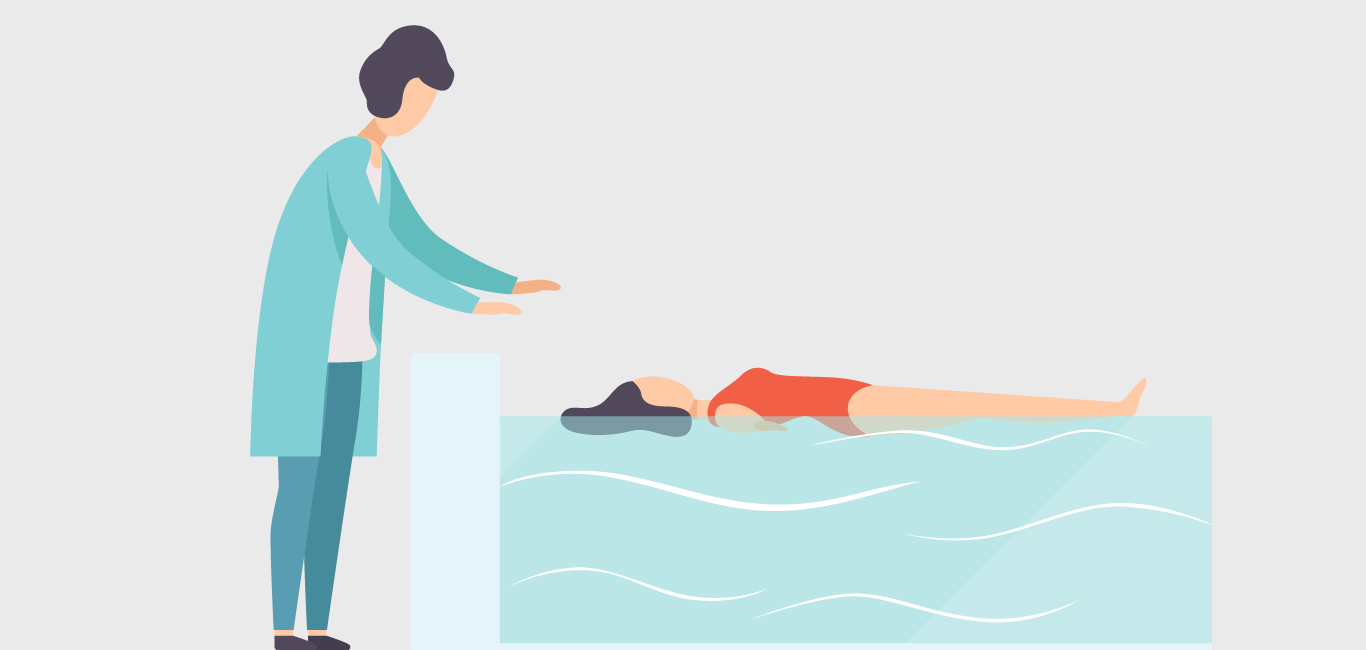
In 2018, Akshay Rathore, then 22, started experiencing what he calls “cold-like symptoms.” He would start sneezing immediately on waking up, sometimes continuing for a couple of hours. He dreaded going out as even a light breeze could trigger a non-stop sneezing session. His other symptoms included a runny nose and watery eyes.
Troubled by his symptoms, and feeling both mentally and physically low, he sought out a doctor who diagnosed him with allergic rhinitis. He found some relief after taking the prescribed medication for two months. However, the symptoms returned when he stopped taking them.
Seeking a long-term solution for his condition, he approached Dr Devesh Pathak of Om Homeopathic Clinic, Gwalior, who prescribed medicines after taking a detailed history. Rathore says, “I took the medicines for a month and felt good both physically and mentally. My symptoms started to improve. I am continuing the medicines as Dr Pathak has advised me to take them for six months for a long-term result.”
What is allergic rhinitis?
Dr Bharath Manjunath, consultant at Padma Homoeopathy Healing Center, Bengaluru, explains, “When a person comes in contact with allergens such as pollen, dust or mould, the immune system overreacts by releasing certain inflammatory chemicals (like histamine and prostaglandins) in the body leading to symptoms like runny or blocked nose, sneezing, itchiness and watery eyes.”
According to a 2022 study published in the Frontiers journal, the severity is measured based on how the condition affects aspects such as sleep, daily activities, and school or work productivity.
Triggers could be food allergens such as peanuts, wheat, milk, and pet allergens such as cat and dog dander, the study points out. Other indoor allergens include house dust mites and cockroaches.
This condition can affect one at any time of the year but is more common in seasons (spring and autumn) that bring more pollen in the air.
How homeopathy works in allergic rhinitis
As with other health conditions, it is important to understand all aspects of a person’s life before a homeopath prescribes lifestyle changes and medicines for allergic rhinitis, says Dr Pathak. A person’s mental and physical aspects, medical history, family history and other symptoms come in handy for the homeopath. “We do not concentrate on the symptoms of allergic rhinitis alone. We also give importance to other symptoms such as difficulty in sleeping, or bowel movements,” he says.
This holistic approach provides overall health benefits, according to him. Medicines and lifestyle changes are recommended based on the seven principles of homeopathy, and a single suitable medicine that is seldom repeated is chosen, says Dr Pathak.
Homeopathic medicines can help reduce the severity and frequency of symptoms gradually, thereby improving the quality of life, says Dr Manjunath.
Tips from experts
- It is important to identify and avoid triggers that worsen symptoms. Wearing a mask can reduce the number of allergens inhaled, although it cannot eliminate exposure. To maximise the effect of the mask, ensure it is properly worn and clean.
- Keep surroundings clean and dust-free.
- Pay attention to the pollen count and seasons and avoid going outdoors as much as possible.
- Keep the indoors dry as moist/damp places often grow mould, which is a trigger for many.
- A healthy diet, regular exercise, and stress management can help in maintaining overall health and reducing the severity of symptoms.

















